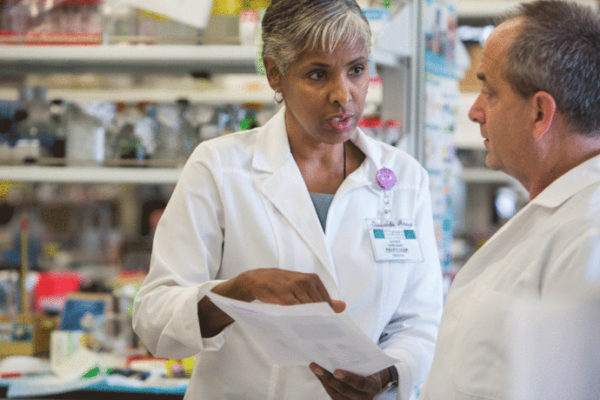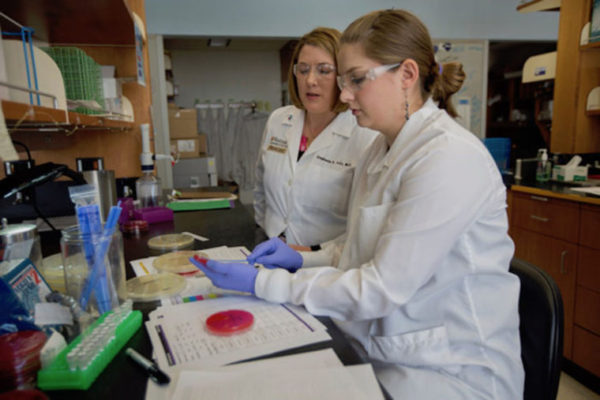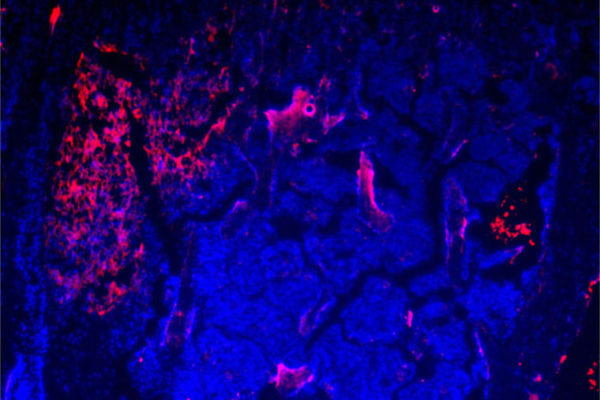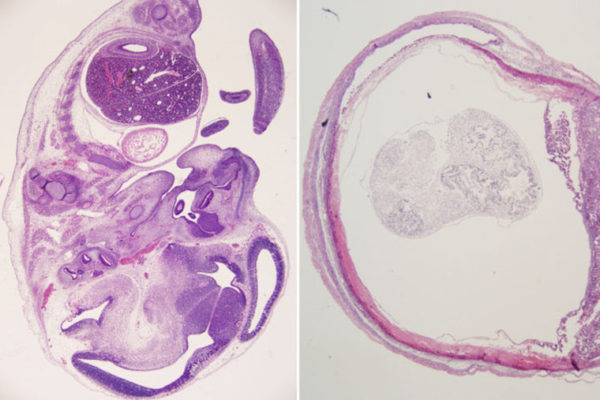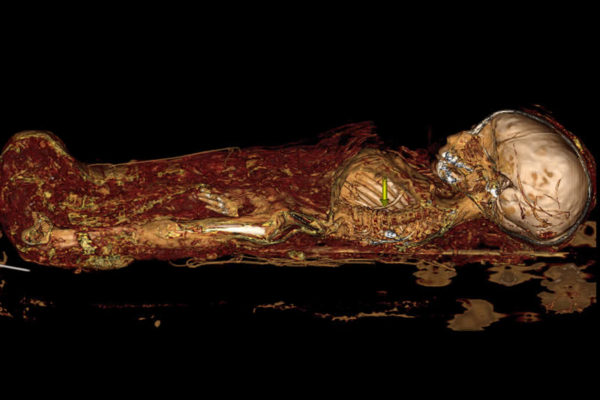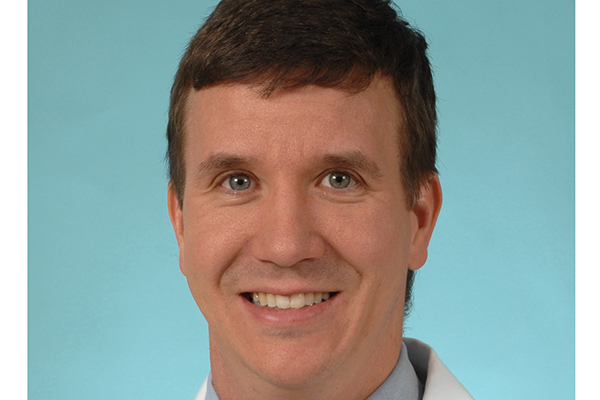Colditz to chair National Academies of Sciences workshop
Graham Colditz, MD, PhD, of the Washington University School of Medicine in St. Louis, has been named chair of a National Academies of Sciences workshop.
Washington People: Sarah England
Noted researcher Sarah England, the Alan A. and Edith L. Wolff Professor of Medicine at Washington University School of Medicine in St. Louis, encourages those in her lab to embrace tenacity and tackle new challenges. She researches ion channels and their effects on pregnancy and preterm birth.
Genetic testing helps set safe dose of common blood thinner
A new study led by the School of Medicine shows that genetic testing can improve the safety of warfarin, a common blood thinner, for patients at high risk of dangerous blood clots.
Antibiotics warranted for kids with minor staph infections
Research led by the School of Medicine indicates that prescribing antibiotics — in addition to lancing and draining staph-infected areas — reduces the risk of recurrent infections.
Chemo-loaded nanoparticles target breast cancer that has spread to bone
Scientists at the School of Medicine in St. Louis have developed a nanoparticle that can deliver chemotherapy directly to tumor cells that have spread to bone. Research in mice showed the treatment kills tumor cells and reduces bone destruction while sparing healthy cells from side effects.
Bonni elected to Canada’s premier academic society
Azad Bonni, MD, PhD, the Edison Professor and head of the Department of Neuroscience at Washington University School of Medicine in St. Louis, has been elected to the life sciences division of the Academy of Science of the Royal Society of Canada.
Antibody protects against both Zika and dengue, mouse study shows
A new study led by researchers at Washington University School of Medicine in St. Louis shows that an antibody that protects against dengue virus is also effective against Zika in mice.
Breathing dirty air may harm kidneys
Outdoor air pollution has long been linked to major health conditions such as heart disease, stroke, cancer, asthma and chronic obstructive pulmonary disease. A new study now adds kidney disease to the list, according to researchers at the School of Medicine and the Veterans Affairs (VA) St. Louis Health Care System.
Scanning for clues to our ancient past
The mummified remains of a 7-month-old baby boy and pieces of skull from two teenage Triceratops underwent computed tomography (CT) scans Sept. 16 at the School of Medicine, in hopes researchers could learn more about the ancient past.
Froelke named EMS medical adviser for national organization
Brian Froelke, MD, assistant professor of emergency medicine at Washington University School of Medicine in St. Louis, has been named the emergency medical services medical adviser to the Center for Patient Safety.
View More Stories

